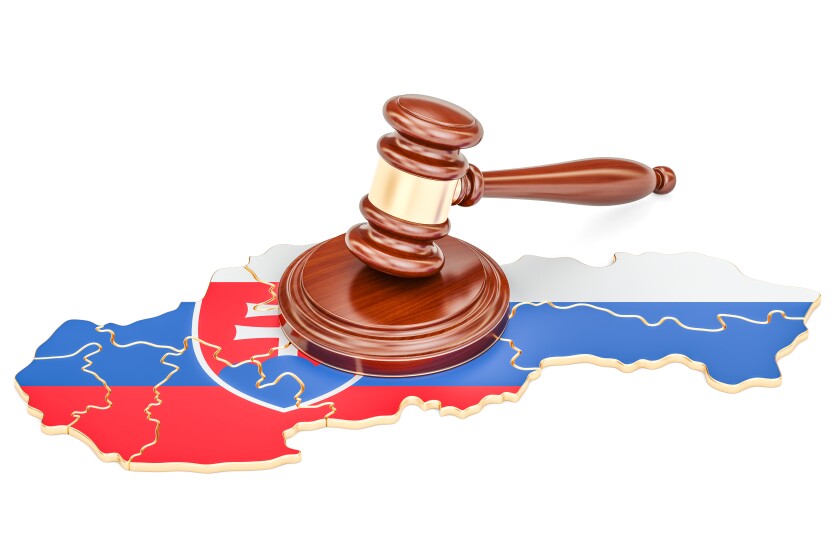Increased pay supplements
Increased pay supplements have been introduced for night work, weekends, and holidays. The increase was split into two phases, with the first increase implemented as of May 1 2018 and the second increase slated to come into force on May 1 2019. The existing 30% supplement for night work for non-hazardous occupations will increase to 40%, and the existing 35% pay supplement for hazardous occupations will go up to 50%. The supplement for work on Saturdays will go up from 25% to 50%, and up from 50% to 100% for work on Sundays. Calculation of all the supplements is based on the existing minimum hourly wage, which on January 1 2019 was raised from €2.759 ($3.10) to €2.989. The supplement for work on holidays will increase from the existing rate of 50% of the employee's average hourly wage to 100% of the employee's average hourly wage.
Tax and insurance contribution exemption for 13th and 14th month payments
Another change, effective from May 2018, is that any summer or Christmas bonuses paid to employees are exempt from taxes and mandatory social insurance contributions. The 13th and 14th month payments are not mandatory and are strictly at the discretion of the employer. However, to be eligible for the tax and social insurance exemption the employer must comply with a few requirements. The bonuses must not be less than the employee's average monthly earnings and the maximum amount of the exemption is €500.
Employers may pay out the exempt 13th month payment in June to eligible employees: those who have been continuously employed by the company for at least two years. Employers can also pay a 14th month payment in December to those employees they have employed continuously for at least four years. The 14th month payment cannot be paid unless a 13th month payment was paid. If an employer pays a bonus (14th month payment) in December to an employee who did not receive a 13th month payment in June, the 14th month payment will be subject to the standard taxes and social insurance contributions.
Holiday allowance
Starting January 1 2019, employees will be entitled to an allowance from their employer towards recreation. Employees may request this allowance, and the mandatory amount paid by employers is 55% of the eligible costs up to a maximum of €275 per calendar year. Employees are allowed to put in more than one request for this allowance during the calendar year, until the annual limit of €275 is reached.
Only companies with 50 or more employees are required to provide this holiday allowance. The determining factor for whether an employer meets the requirement is the employer's average number of employees in the preceding calendar year. An employer that had fewer than 50 employees is not required to give a holiday allowance at the request of an employee, but has the option to do so under the same conditions as an employer with more than 50 employees.
Permanent employees (i.e., not independent contractors) who, at the time they go on the holiday at issue, have worked for the company continuously for at least 24 months, are eligible for the holiday allowance. The type of employment contract is not a factor – it can be an employment contract for a fixed or indefinite term, for full-time or for part-time hours. For part-time employees, the maximum holiday allowance per calendar year of €275 is reduced pro-rata according to the number of hours they work.
Eligible holiday costs are the employee's documented expenses for:
tourism-related services with at least two nights' accommodation in the Slovak Republic;
holiday packages that include accommodation for at least two nights and meals or other recreation services in the Slovak Republic;
accommodation for at least two nights in the Slovak Republic, which may include meals; and,
organised, multi-day activities and convalescence events in the Slovak Republic during school holidays/breaks for the child of an employee who is attending primary school or who is in one of the first four years at a secondary school (gymnasium) with an eight-year curriculum.
It is important to note that employers also provide this allowance to other persons living in the same household with the employee, provided they are on holiday with the employee.
The Labour Code provides that the holiday allowance may be given in cash or in the form of a holiday voucher, at the discretion of the employer. Holiday vouchers can only be issued by authorised entities from which employers may then procure the vouchers. The issuer of the holiday voucher is entitled to a commission of not more than three percent of the value of the holiday voucher.

|

|
Daniel Futej |
Cyril Hric |


